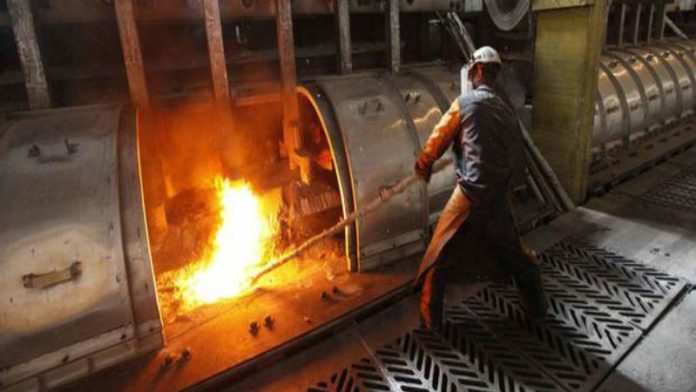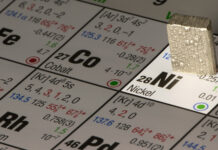
YEARS of wrangling over a new electricity supply contract to the Hillside aluminium smelter in KwaZulu-Natal was resolved today after the National Energy Regulator of South Africa (Nersa) agreed to a 10-year inflation-linked deal, said South32.
It replaces a long-standing power supply contract in which South32 received a lower tariff when the price of aluminium declined on the London Metal Exchange. This deal, which was denominated in dollars, dated back to 1995. It expired in 2020.
The new supply contract is priced in rands and is based on a rate of escalation linked to the South Africa Producer Price Index. It expires in 2031.
“Hillside has been a major Eskom customer for 25 years and this agreement provides power cost certainty for a further ten years, with Eskom receiving a price aligned to long term tariff policy,” said Graham Kerr, CEO of South32 in a statement.
He added that the agreement allows Eskom to ration electricity to the smelter during brownouts – known locally as load-shedding – caused by insufficient electricity generation, such as current in South Africa today.
The agreement means a higher cost of electricity for Hillside which, as a smelter, is an intensive user of power. Operating unit costs for South32’s 2021 financial year will reflect the higher power charges from the new agreement incurred since 1 August 2020.
Despite the cost impact of the new electricity deal on South32, it nonetheless provides the benefit of certainty for South32 which in June completed the sale of its South African thermal coal assets held in the 91% owned South African Energy Coal. That deal, in which the stake was sold to Seriti Resources, dragged on for the best part of 18 months.
Secures ‘metal of future’ in SA
Given the coal sale, and the closure of South32’s manganese alloy facilities in South Africa (owing to unsustainable electricity tariff increases), aluminium represents a major part of the Perth-headquartered firm’s future involvement in the country.
Kerr told Miningmx in June that aluminium would be “the absolute metal of the future” provided green energy solutions could be adopted for aluminum production.
According to Goldman Sachs, aluminium production generates 2% of global emissions. It said future pricing of aluminium ought to capture a ‘green margin’ to incentivise investment in expensive green production whilst also meeting growing demand.
Kerr said previously that while South32 would not directly participate in renewable energy production it would seek out its supply to Hillside with Eskom. It was critical to build green energy into aluminum production in order to avoid future tariffs.
“Hillside sells roughly 30% of the product domestically, which obviously goes to Hulett [Aluminium],” said Kerr. “A lot of that product will end up as car parts and if those car parts are going to continue to be used in making of cars that go into Europe, they need to find a way [to be more energy efficient] or else they’re going to put tariffs on them.”
Goldman Sachs said aluminium was “… in the early stages of a multi-year bull market”. By way of illustration, pricing for aluminium was likely to average $2,450 per ton this year rising to an average of $3,250/t in 2023, the bank said.










